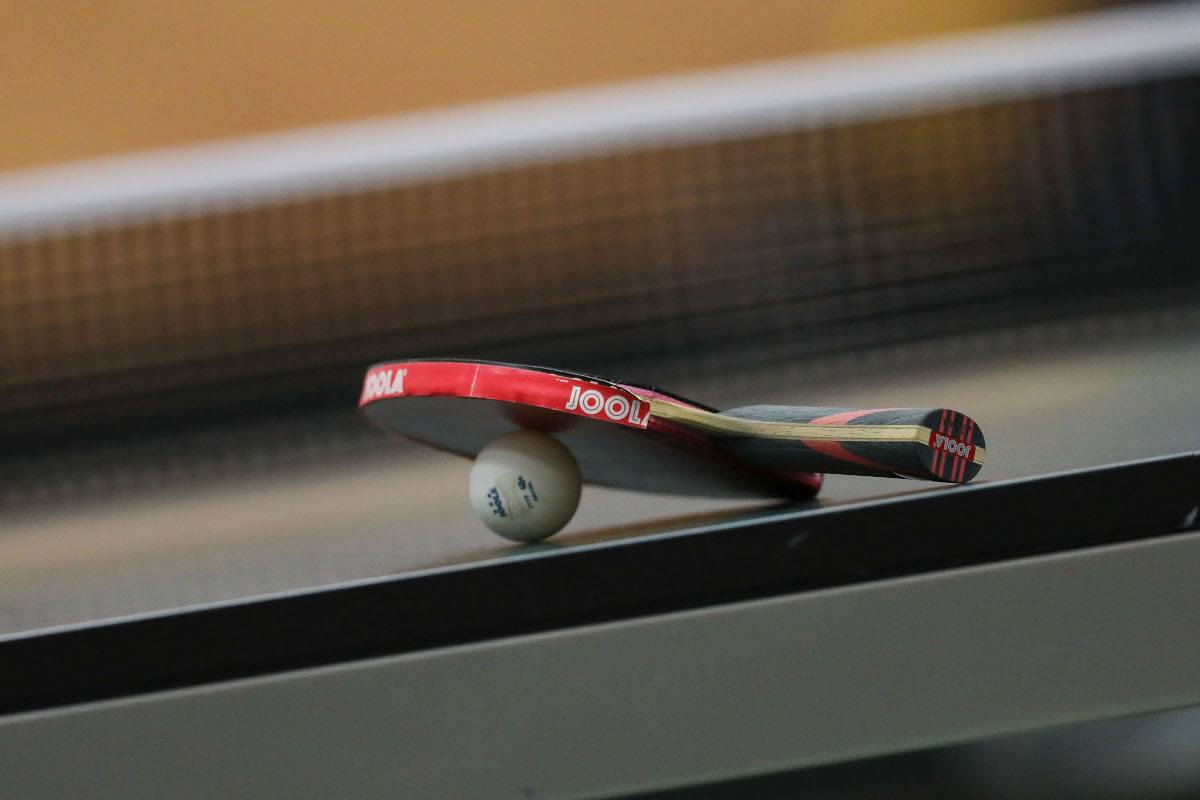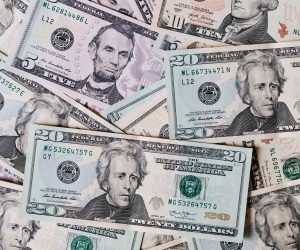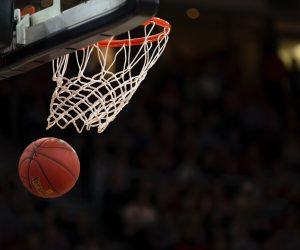New South Wales police arrested a 40-year-old former table tennis pro as a part of more extensive raids on Wednesday, all in connection with a match-fixing scheme on Ukrainian ping pong contests.

Australian media report that police charged former national table tennis champion Adam Green, a 2012 Olympic hopeful for the country, with using corrupt conduct information to be on an event, as well as with knowingly dealing with proceeds of crime with the intent to conceal.
NSW Police: Bettors had Prior Knowledge of Winners
NSW Police Organized Crime Squad Commander Detective Superintendent Martin Fileman told The Sydney Morning Herald that Green had inside information on fixed table tennis matches in Ukraine, and used that knowledge to guide a betting syndicate.
“In other words, they knew who was going to win the match before they put the bets on,†Fileman said. “We can show, through evidence gained during the strike force, that direct money transfers from the head of the syndicate [went] to people very, very closely linked to these table tennis games in Ukraine.â€
Table tennis rose in popularity with bettors during the early days of the COVID-19 pandemic. As high-profile events shut down worldwide, the pandemic left gamblers with little to wager on.
In Ukraine and Russia, seemingly legitimate table tennis events continued on a daily basis. Bettors were intrigued by the fast action, and organizers ensured that they held events at different hours of the day to cater to viewers and gamblers from around the world.
Astute bettors took advantage of a market where there were many one-sided matchups, as professional-level players competed alongside local enthusiasts in the same events. But some gamblers performed a bit too well.
Table Tennis Match-Fixing Concerns Spiked During Pandemic
In July, the Sports Wagering Integrity Monitoring Association sent an alert to New Jersey regulators warning the industry about Ukrainian table tennis events and six suspect players in particular. While the alert didn’t cite hard evidence of match-fixing at the time, both New Jersey and Colorado regulators suspended all betting on Ukrainian tournaments, and banned betting on any matches involving those six players. The Indiana Gaming Commission halted all betting on events except those sanctioned by the International Table Tennis Federation or European Table Tennis Union.
Meanwhile, Australian bookmakers and officials took notice that some gamblers were winning at an astounding rate on these matches. NSW detectives then found that Green was among the winners – and that he was sending back money to some of the suspect players.
“We can show direct money transfers from that money he received, probably about a quarter of a million dollars that go back to persons who are very closely linked to those games,†Fileman said.
Fileman told the Morning Herald that Green personally made about $250,000 AUD ($190,000) in the scheme. Detectives say they traced betting winnings worth about $500,000 AUD ($380,000) in their investigation.
Green faces a prison sentence of up to 20 years if convicted, according to the Morning Herald.











